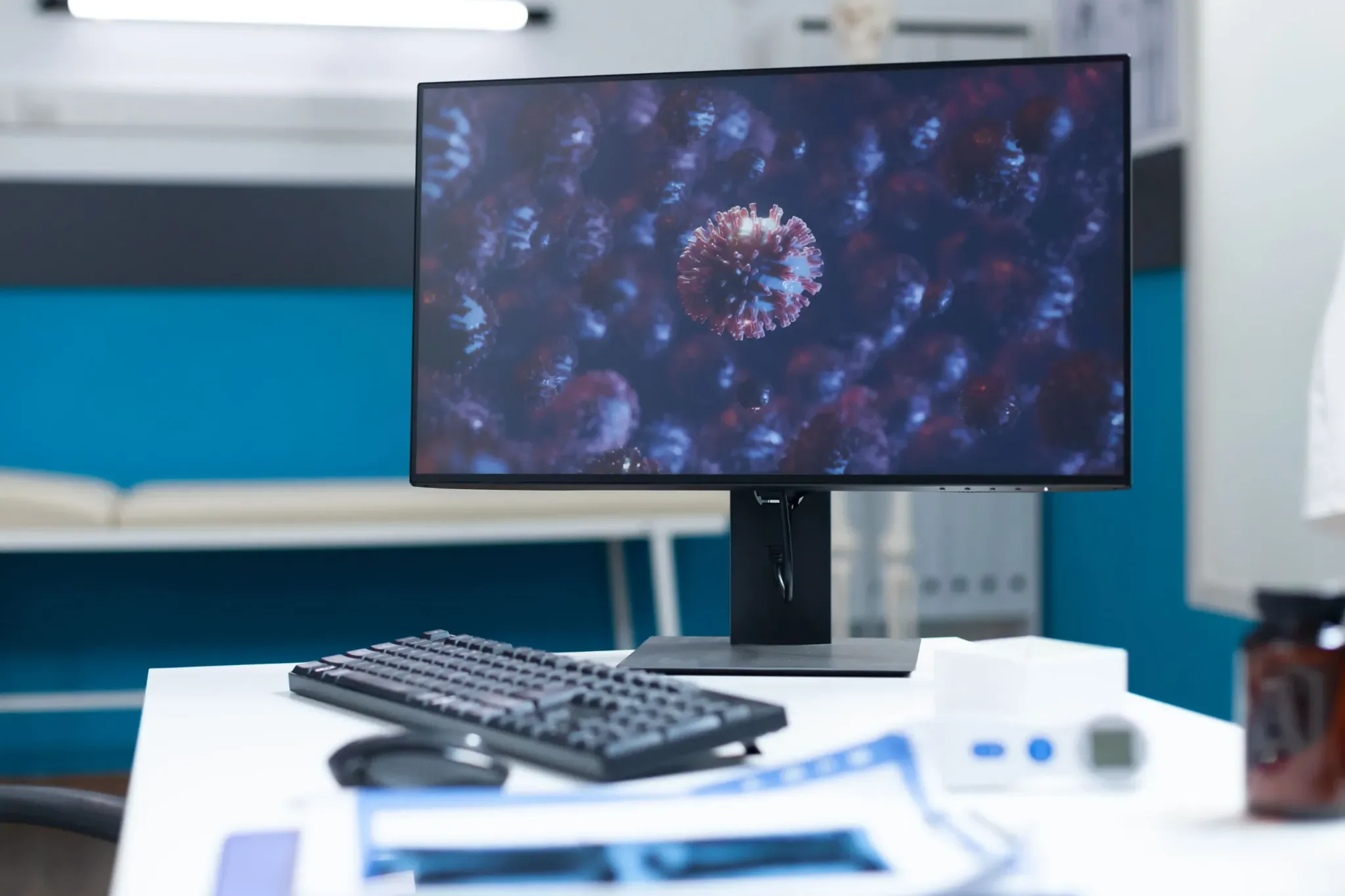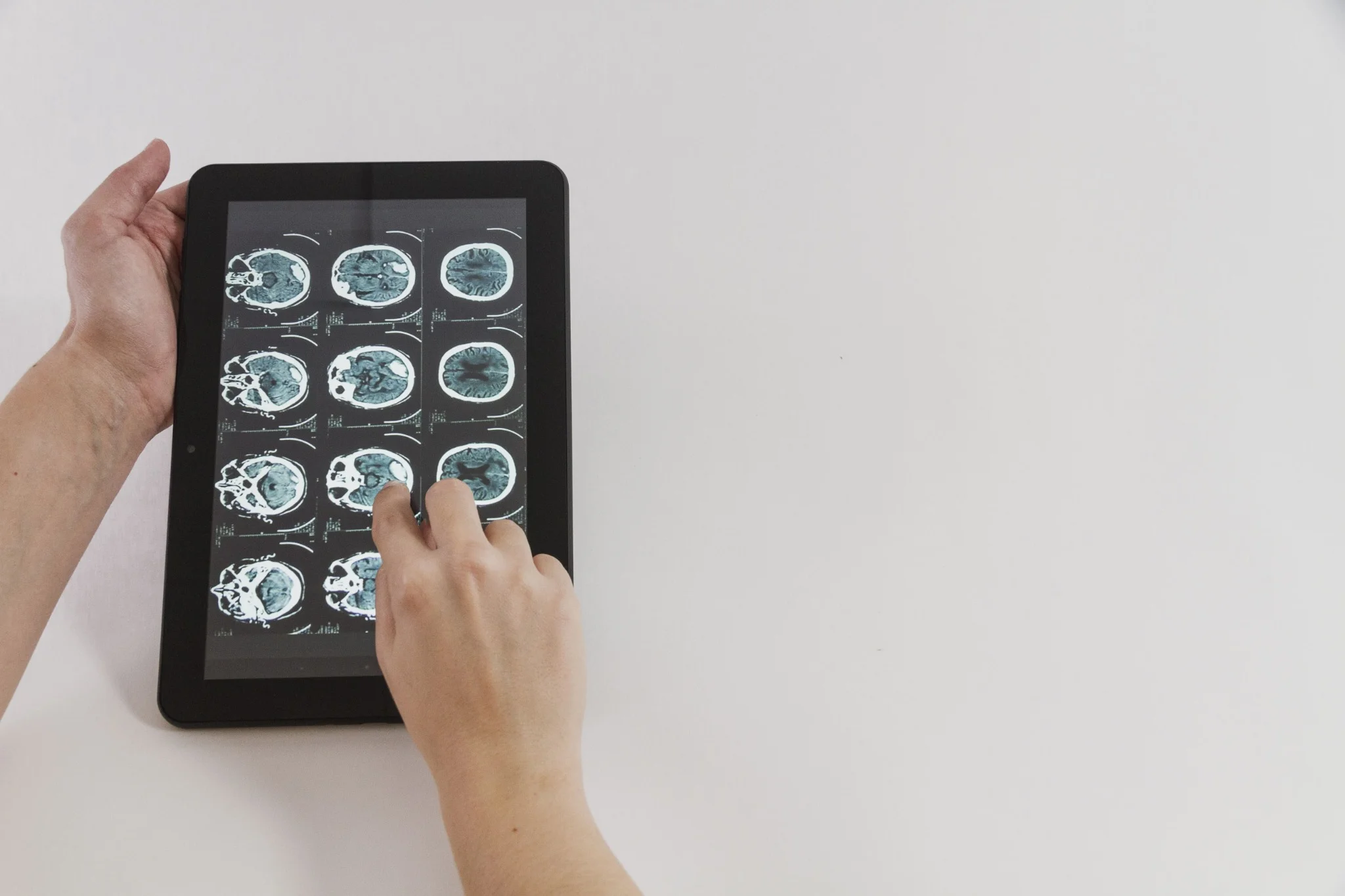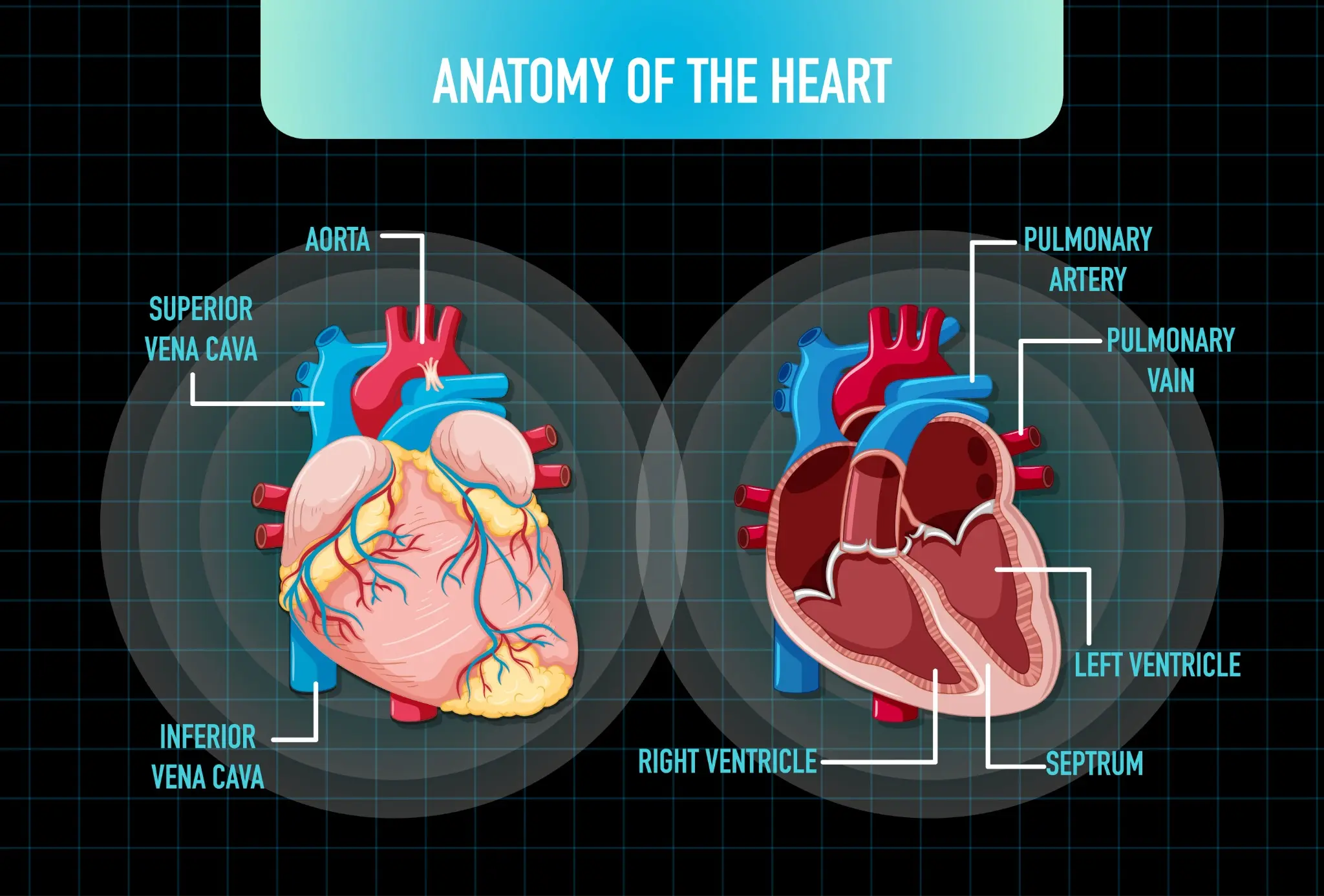Karyotyping Reflex Fish Test – 13, 18, 21, X, Y Amniotic Fluid
Also known as: Karyotyping Reflex FISH (13,18,21,X,Y), AmnioticFluid
Overview
Examining chromosomes by karyotyping method in the amniotic fluid, especially chromosomes 13, 18, 21, X, and Y, can help detect congenital abnormalities and identify genetic disorders. FISH (Fluorescence In Situ Hybridization) is conducted when G-banding (karyotyping) analysis fails. This diagnostic test is recommended when there is a need for further investigation into chromosomal abnormalities in prenatal cases. To ensure accurate analysis, the sample submission should include a comprehensive clinical history, including the anomaly scan report. Additionally, a consent form duly signed as per the Pre-Conception and Pre-Natal Diagnostic Techniques (PCPNDT) guidelines must be provided. By combining karyotyping and FISH analysis, healthcare professionals can obtain detailed genetic information, enabling them to identify potential chromosomal anomalies and provide appropriate guidance and support to expectant parents.
Karyotyping Reflex FISH (13,18,21,X,Y), AmnioticFluid Price
Metropolis Healthcare is a leading diagnostics centre and pathology lab in India equipped with the latest state-of-the-art technologies that provides the Karyotyping Reflex FISH (13,18,21,X,Y), AmnioticFluid with a clear pricing structure.
The Karyotyping Reflex FISH (13,18,21,X,Y), AmnioticFluid Price in Thane is ₹ 11,470 .
We are committed to deliver accurate and quality results from the best labs in India with complete transparency regarding test cost and turnaround time. No matter where you are, we strive to offer patients high-quality service that is affordable and accessible.
Frequently Asked Questions
This test evaluates the structure and number of chromosomes in amniotic fluid cells. It specifically looks for abnormalities in chromosomes 13, 18, 21, X, and Y.
• To diagnose genetic disorders in the fetus • To determine the risk of chromosomal abnormalities, such as Down syndrome or Turner syndrome • To provide information for genetic counselling • To evaluate the need for further prenatal testing or medical interventions during pregnancy
This test is recommended when • Abnormalities are detected during ultrasound or other prenatal screenings. • There is a family history of genetic disorders. • There are risk factors for chromosomal abnormalities. • The pregnant person is older than 35.
Abnormal results may indicate the presence of chromosomal abnormalities or genetic conditions. However, further confirmatory tests are required for a definitive diagnosis.
• You will need to provide a sample of amniotic fluid, which is collected through a procedure called amniocentesis, guided by ultrasound. • The sample is then sent to the laboratory for cell culture and chromosome analysis.
Before the test: • You may need to sign a consent form as per PCPNDT guidelines. • You should submit a detailed clinical history and anomaly scan report. • Follow your doctor's instructions regarding fasting or medication restrictions prior to the procedure. • Wear comfortable clothing and plan for some rest after the test. Please reach out to your healthcare provider for any specific requirements.
Other tests that may be ordered alongside this test include: • Detailed ultrasound examination • Cell-free DNA screening • Genetic counselling
Chromosome Analysis-Amniotic Fluid
Genetic disorders can result from structural or numerical abnormalities in chromosomes, affecting various aspects of development and health. Down syndrome is a genetic disorder caused by an extra copy of chromosome 21. It leads to intellectual disabilities and physical features like a flat face and upward-slanting eyes.
Ratings & Reviews (0)
Why Metropolis?
Metropolis has a team of 200 senior pathologists and over 2000 technicians delivering diagnostic solutions in the areas of routine, semi specialty and super specialty domains like Oncology, Neurology, Gynaecology, Nephrology and many more.
We offer a comprehensive range of 4000+ clinical laboratory tests and profiles, which are used for prediction, early detection, diagnostic screening, confirmation and/or monitoring of the disease.





















 WhatsApp
WhatsApp